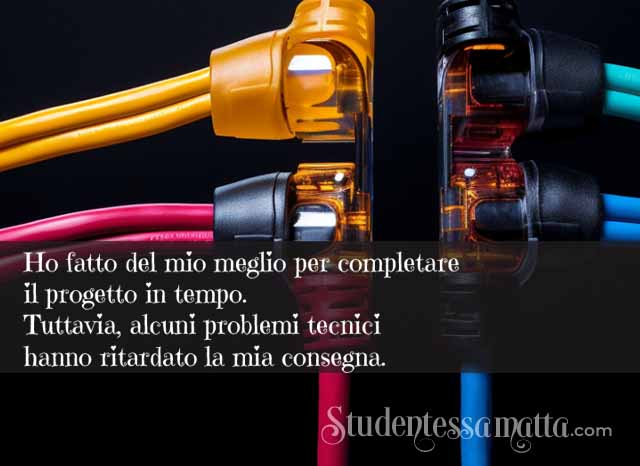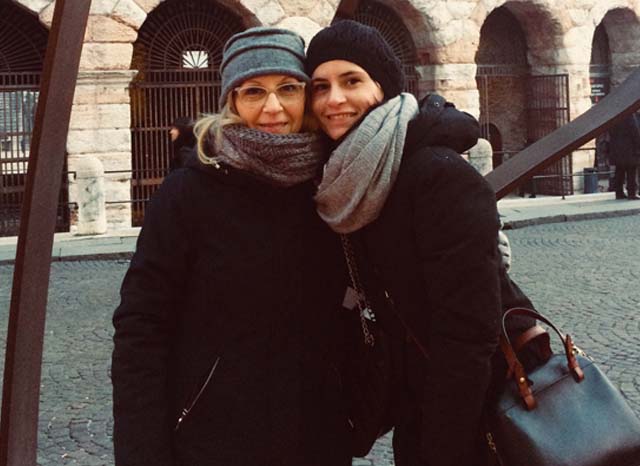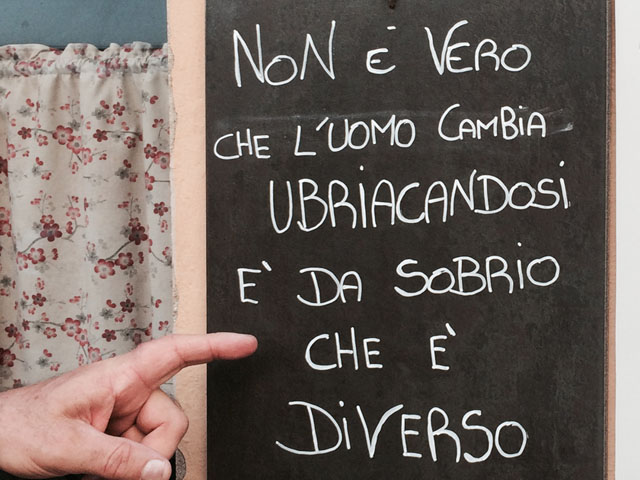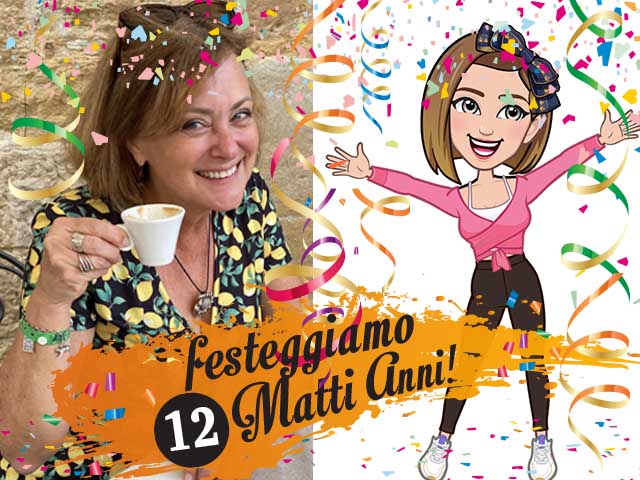
Congiunzioni italiane:
ma, ancora, eppure e altri ancora!
Italian conjunctions: però, ma, eppure, e more!
Congiunzione; qual è la tua funzione?
Conjunction junction: what’s your function?
Una congiunzione è una parola usata per collegare parole, frasi e clausole.
A conjunction is a word used to connect words, phrases, and clauses.

Oggi stiamo guardando alcune congiunzioni italiane che significano tuttavia e come. Iniziamo con Però e Ma.
Today, we are looking at some Italian Conjunctions that mean Nevertheless and How. Let’s start with Però and Ma.
Però is a conjunction = nevertheless, however
Ma is a conjunction = and yet, but (nevertheless)
Ma and però are conjunctions that mean “but” or “however.” They are used to introduce a new or unexpected idea that contradicts the previous one.
Ma can only be used after the main statement. It should never be used to begin a sentence. It begins the second sentence that expresses contrast.

Marta vorrebbe uno smartphone nuovo, ma costa troppo.
Marta would like a new smartphone, but it’s too expensive.
Però must also be used in the same way. It begins the second sentence that expresses contrast. It can also be placed at the end of the sentence. When it’s at the end of a sentence, però adds emphasis.
Mi piace molto la pasta al pomodoro, però oggi ho deciso di provare quella al pesto.
I really like pasta with tomato sauce, but today I decided to try the one with pesto.
Mi piace questo orologio, costa troppo però.
I like this watch, it’s too expensive though.

Tuttavia = nevertheless, however
It is an adverb used to contrast two ideas or statements. It can be used at the beginning of a sentence. It is used not to compare and contrast or serve to introduce a contradiction. It is used as a juxtaposition.
Ho fatto del mio meglio per completare il progetto in tempo. Tuttavia, alcuni problemi tecnici hanno ritardato la mia consegna.
I did my best to complete the project on time. However, some technical problems delayed my delivery.
Mi piace camminare, tuttavia prendo sempre l’autobus.
I like walking, however I always take the bus.

Eppure is a conjunction = nevertheless, however, yet
Eppure and Tuttavia can be used interchangeably. They come after a positive or negative statement and contradict it.
Mi piace il gelato, tuttavia non lo mangio mai.
I like ice cream, however I never eat it.
Non amo correre, eppure lo faccio ogni giorno.
I don’t like running, yet I do it every day.

Bensì is a conjunction = however, but, rather
Attenzione! We use Bensì after a negative statement to compare or contrast, and can be another word for al contrario.
Non prendo un caffè, bensì un tè.
I won’t have a coffee, but rather a tea.
Non abita a Milano, bensì a Roma.
She doesn’t live in Milan but in Rome.
Many more Italian conjunctions are used to connect thoughts and phrases. For example:
Anche, Inoltre, Né, E, O/Oppure, Altrimenti, Infatti

Per concludere, ecco un altro paio di congiunzioni che esprimono conclusione!
To conclude, here are a couple more conjunctions that express conclusion!
Allora, Quindi, Dunque, Cioè
Even though these conjunctions serve mainly to conclude a sentence, Italians often start their sentences with them. In this case, they have the same function as cioè… (that is). They merely give you time while you think about what to say.
Allora = That is, So…
Allora, cosa pensi? Allora, cosa facciamo….
So what do you think? So, what do we do….
Quindi = That is, So…
Sono tornata a casa tardi, quindi mia madre si è preoccupata.
I came home late, so my mom got worried.
Cioè = That is, So…
Questo è un monolocale, cioè un appartamento con una sola stanza.
This is a studio flat, that is to say a flat with one room only.
Dunque = That is, So…
Voglio imparare l’Italiano, dunque studio con Melissa.
I want to learn Italian, therefore I study with Melissa.












Grazie mille Melissa, queste lezioni grammatica sono molto utili
Carol x
Ciao Carol! Mi piace leggere tuo messaggio! Sono contenta che abbia apprezzato il post! Stammi bene! Melissa